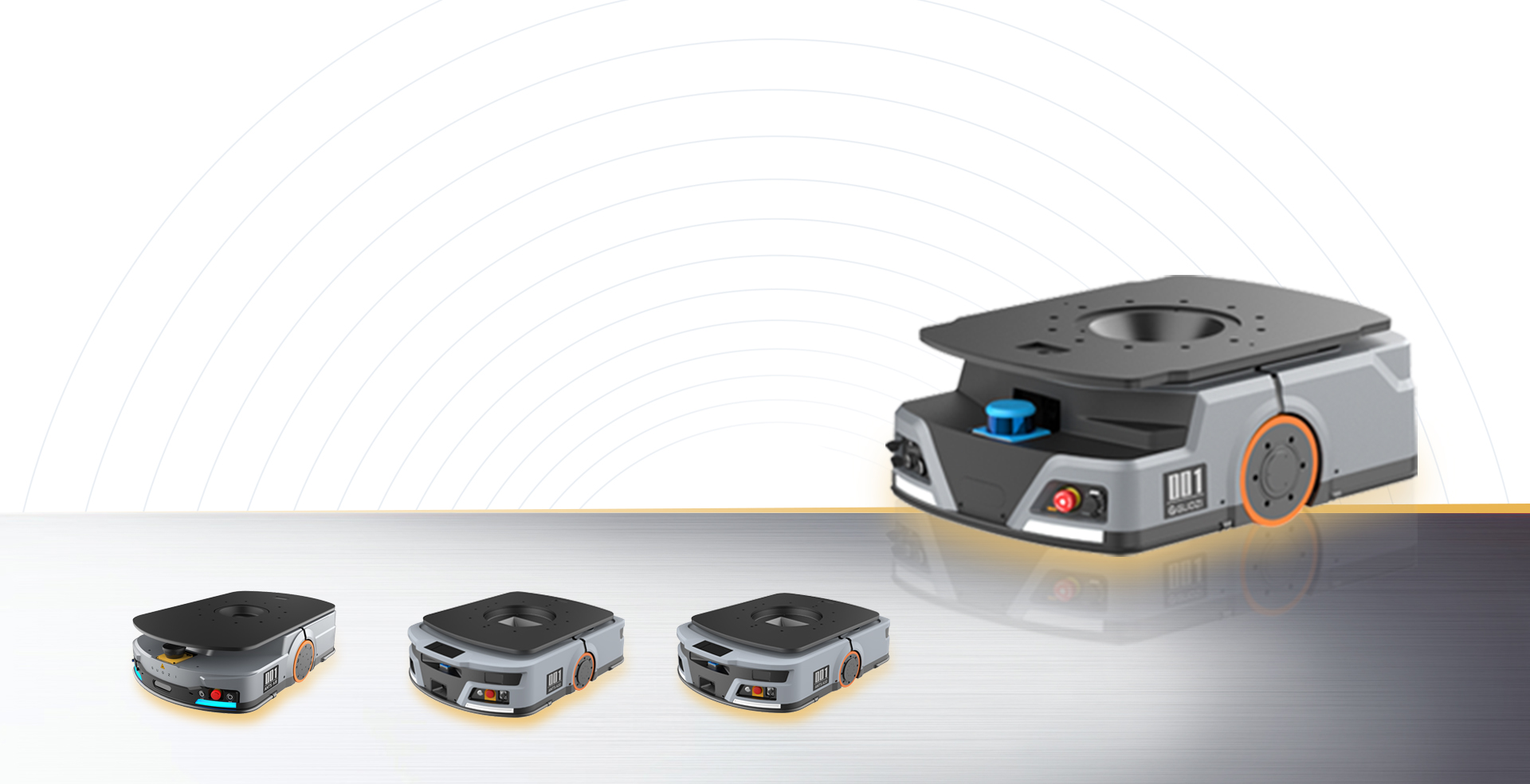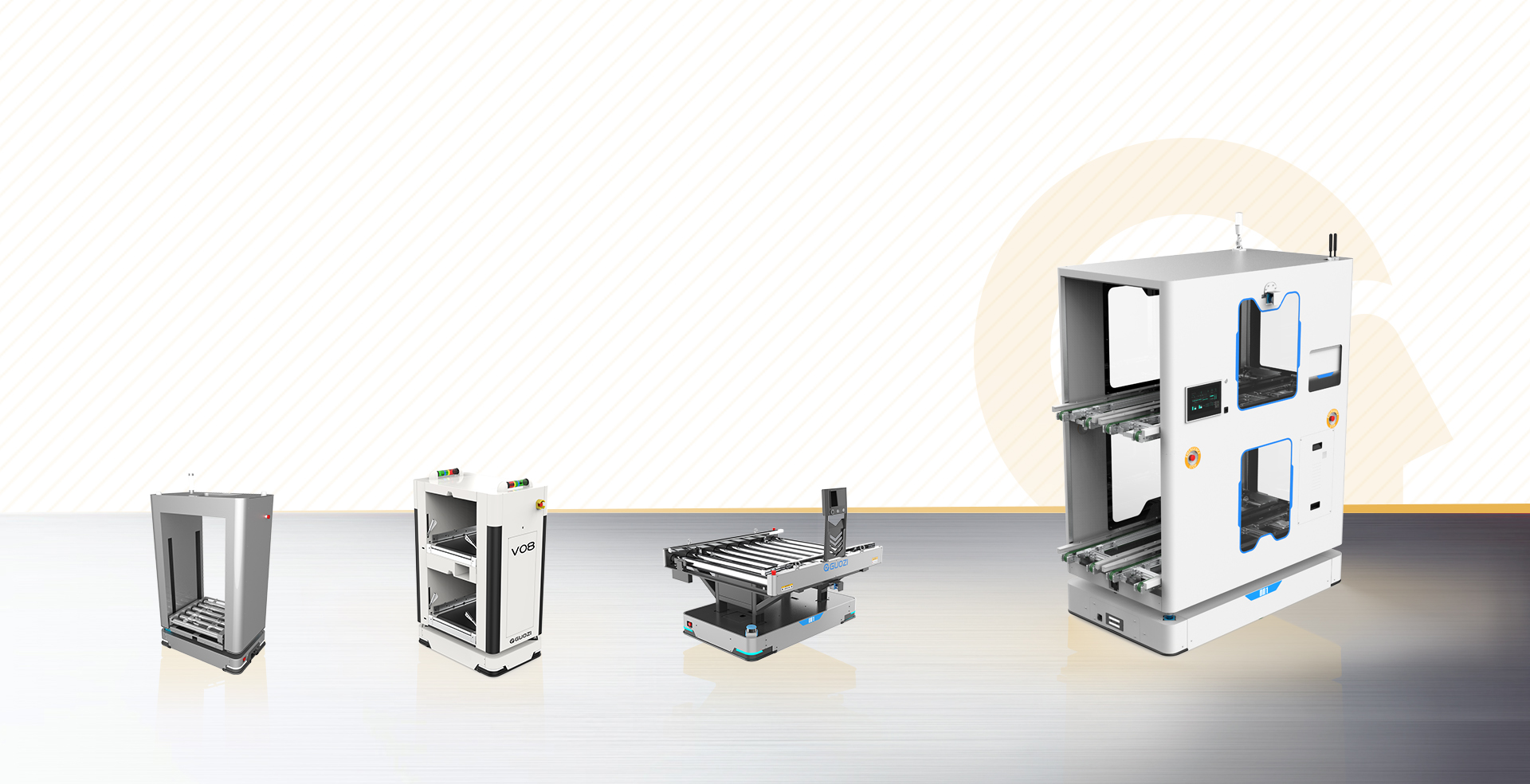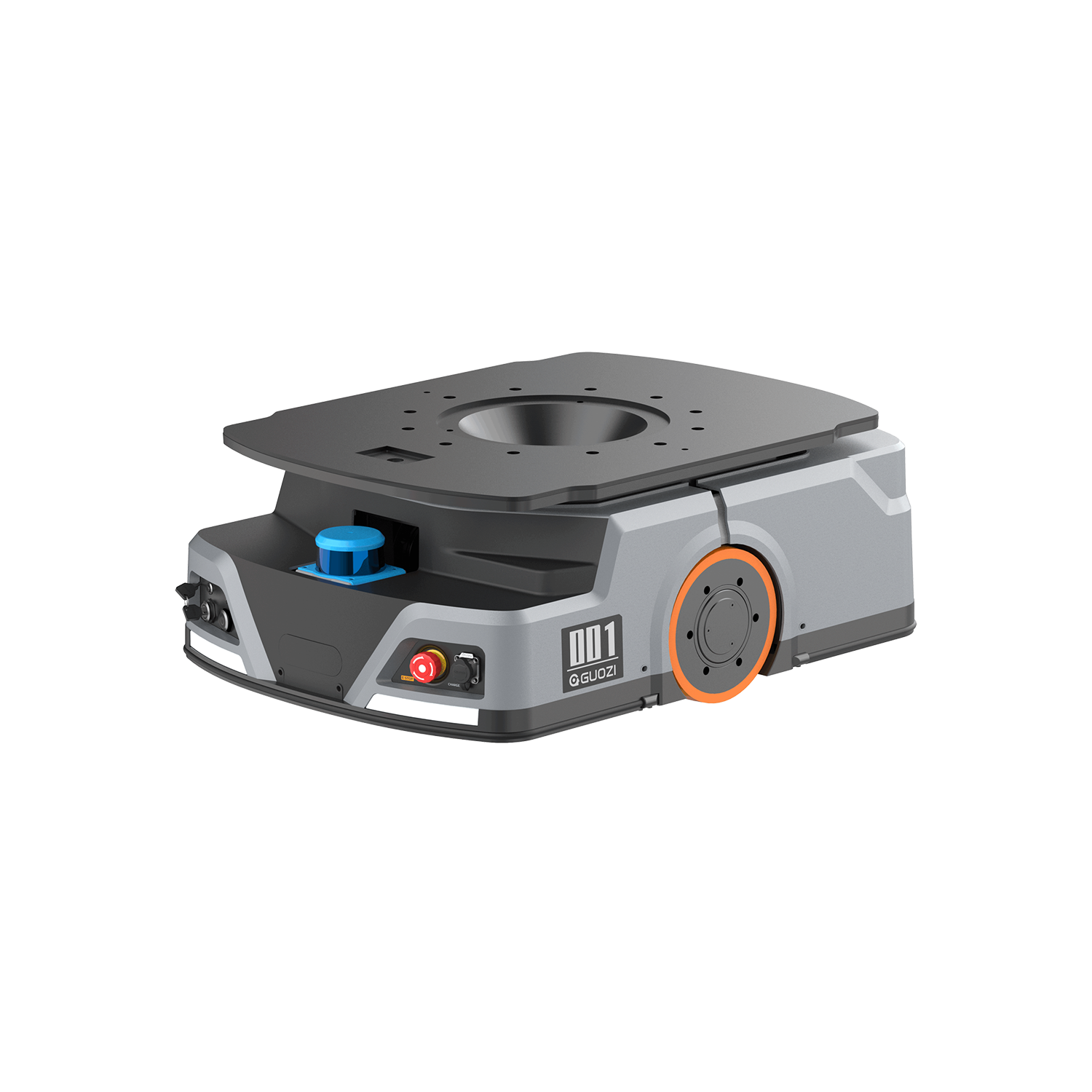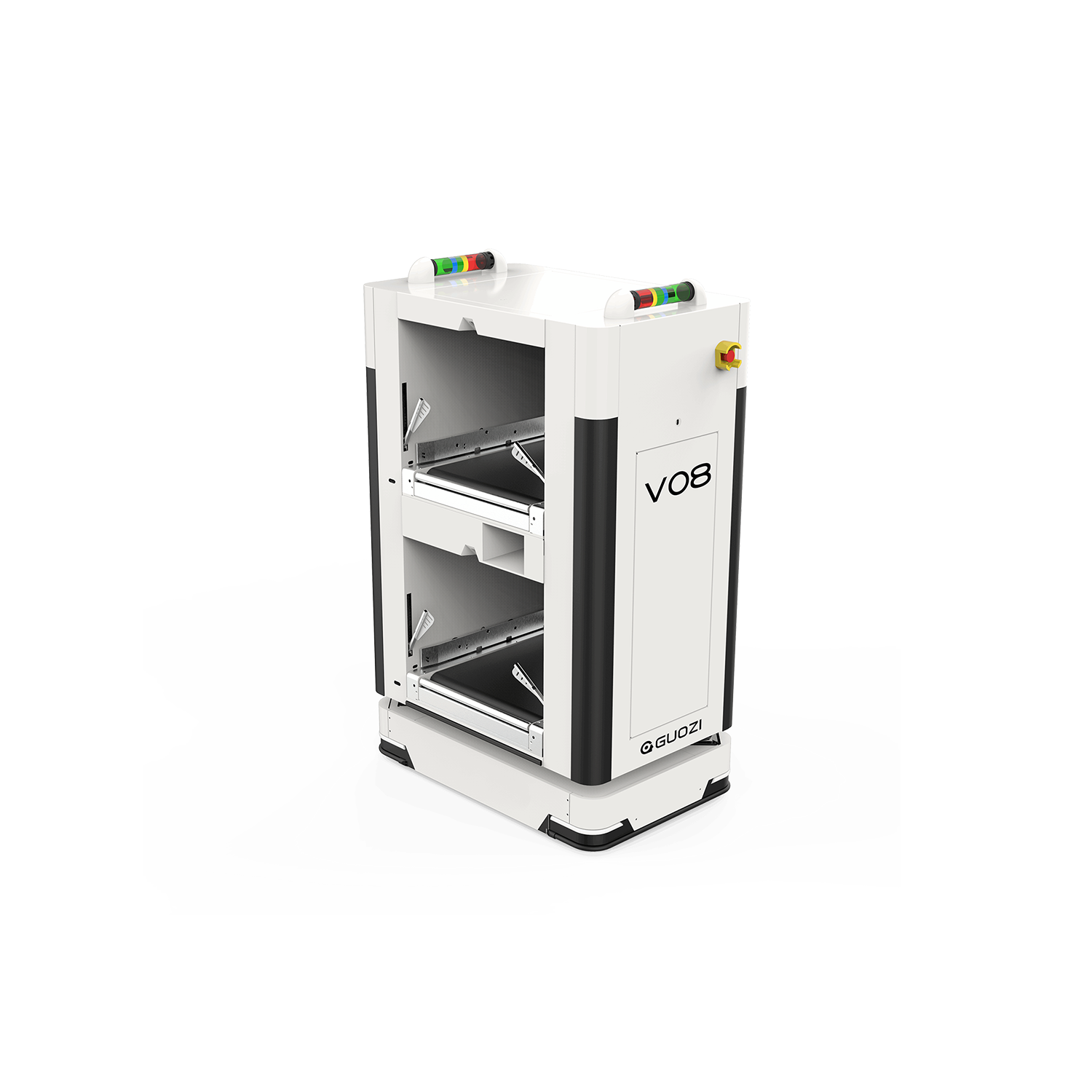The logistics and supply chain industry is constantly evolving, with businesses seeking innovative solutions to enhance efficiency, reduce costs, and improve overall productivity. One such solution that has gained significant traction in recent years is the automation of tote picking. This article will delve into the concept of automating tote picking, its benefits, the technologies involved, and the potential challenges that come with its implementation.
1. Understanding Tote Picking:
Tote picking is a fundamental process in warehouse operations, where workers manually select items from storage totes or bins to fulfill customer orders. These totes are typically used to store a variety of products, making the picking process time-consuming and prone to errors. Automating this process can lead to significant improvements in warehouse productivity and accuracy.
2. Benefits of Automating Tote Picking:
a. Increased Efficiency: Automated tote picking systems can operate 24/7, reducing the time required to fulfill orders and increasing overall throughput.
b. Improved Accuracy: Automation minimizes the risk of human error, ensuring that the correct items are picked and shipped to customers.
c. Reduced Labor Costs: By automating tote picking, businesses can reduce their reliance on manual labor, leading to lower labor costs in the long run.
d. Enhanced Worker Safety: Automation eliminates the need for employees to perform repetitive, physically demanding tasks, reducing the risk of workplace injuries.
e. Scalability: Automated systems can be easily scaled to accommodate fluctuations in order volumes, making them a versatile solution for growing businesses.
3. Technologies Behind Automated Tote Picking:
a. Robotic Arms: Robotic arms equipped with advanced sensors and grippers can accurately pick items from totes, placing them in the appropriate containers.
b. Conveyor Systems: Automated conveyor systems transport totes to and from picking stations, ensuring a seamless flow of materials.
c. Vision Systems: High-resolution cameras and image processing software enable the identification and localization of items within totes.
d. Warehouse Management Systems (WMS): Integration with a WMS allows for real-time tracking of inventory and order processing, optimizing the tote picking process.
4. Challenges of Implementing Automated Tote Picking:
a. Initial Investment: The upfront costs associated with purchasing and installing automated tote picking systems can be significant.
b. Complexity: Integrating automation into existing warehouse operations can be challenging, requiring careful planning and coordination.
c. Training: Employees will need to be trained to operate and maintain the automated systems, which may require additional time and resources.
d. Adaptability: The automated system must be adaptable to accommodate a wide range of tote sizes, shapes, and product types.
5. Case Studies:
a. Amazon: The e-commerce giant has been at the forefront of warehouse automation, implementing robotic systems for tote picking and other processes to achieve unprecedented efficiency.
b. DHL: The global logistics company has invested in automated tote picking solutions to handle the increasing demands of e-commerce fulfillment.
Automating tote picking is a transformative solution that offers numerous benefits for businesses in the logistics and supply chain industry. By leveraging advanced technologies and addressing potential challenges, companies can achieve higher productivity, accuracy, and cost savings. As the industry continues to evolve, the adoption of automated tote picking systems will play a crucial role in shaping the future of warehouse operations.








